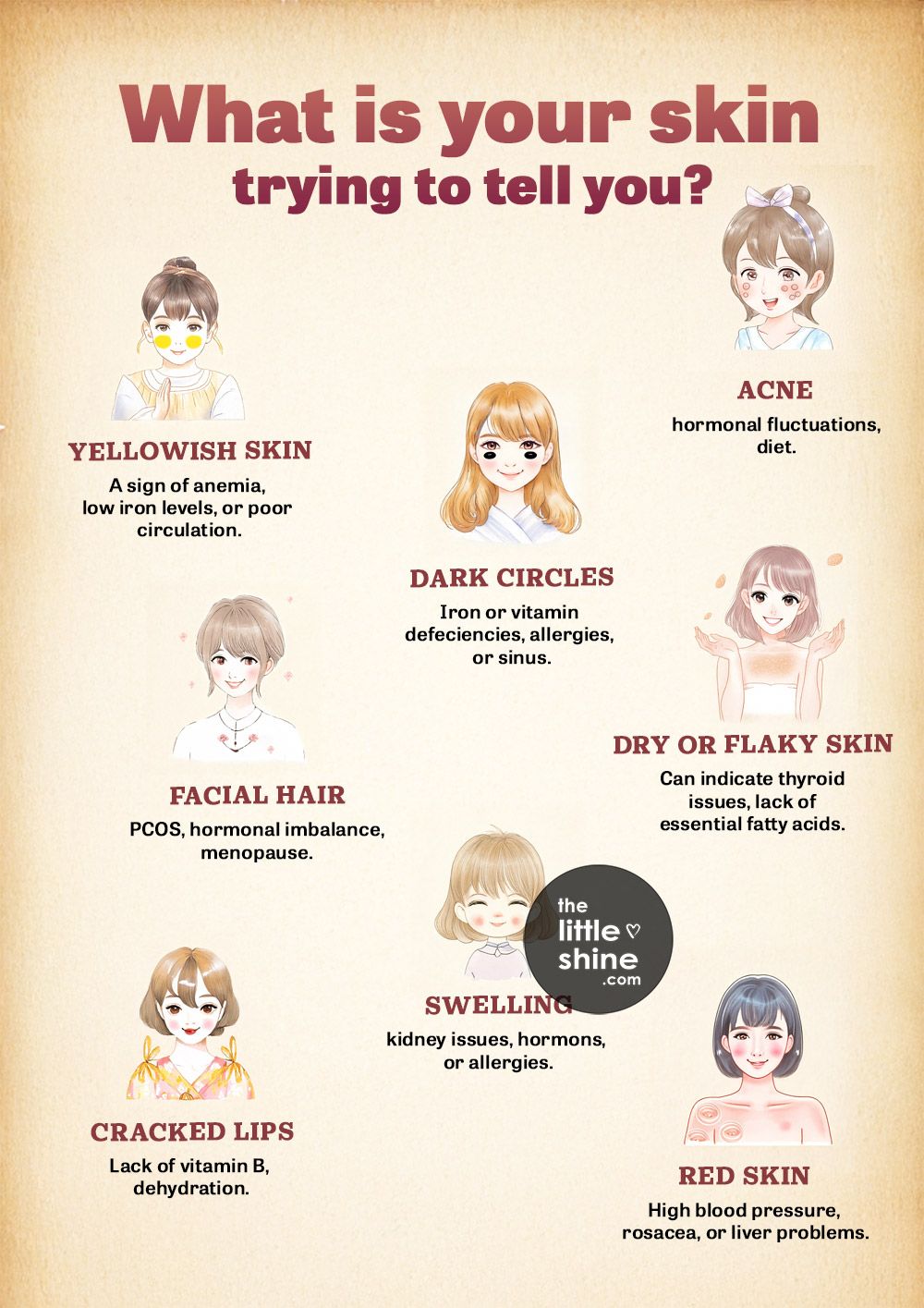EVERYTHING ABOUT PEPTIDES IN SKINCARE
There’s a lot of talk going on about “peptides” in skincare and I’m sure many of you must be wondering what it is all about and what does it have to do with your skin and skincare.
Well, you’ve clicked on the right article, because here’s everything you need to know about peptides!

What are peptides and why do we need them?
Peptides, also known as polypeptides are natural strings of amino acids, made by the body. Our skin needs protein and these peptides make up the protein for the skin. Collagen is a naturally found protein in the body that makes up the structure of the skin and this collagen is made up of three polypeptide chains. Therefore, in order for the collagen to get stimulated in our bodies, a sufficient amount of peptides are required.
Collagen helps keep our skin firm and youthful. As we age the levels of naturally produced collagen in our body decreases and therefore, we require to use supplements. Collagen molecules are harder to get absorbed into the skin because of their size and therefore, these peptides make it easier for absorption by the skin and promote better and healthy-looking skin. Hence, incorporating peptides into your skincare routine can help boost and stimulate the production of collagen in your body in order to get rid of wrinkles and fine lines that develop as we age. READ MORE – PROTEIN HAIR WASH POWDER for hair growth
What are the benefits of peptides for your skin?
- Can reduce inflammation and puffiness:
Peptides have anti-inflammatory properties that can help reduce skin inflammation and puffiness.
- Keeps the skin hydrated and moisturized:
Our skin can often get dry and damaged over time due to lack of collagen production, over exposure to sunlight, overuse of skincare products etc. Peptides can get easily absorbed into our skin and can help reduce skin dehydration as it has the property of increasing the protein content in our bodies and can produce water-retaining cells.
- Can help reduce acne:
Peptides have anti-inflammatory properties that can help reduce skin inflammation and reduce acne and breakouts.
- Helps protect and improve skin barrier functioning:
Our skin barrier is the outermost layer of the skin and is constantly exposed to dirt, products, and harsh ultra-violet (UV) rays and can get dry and damaged over time. Therefore, these peptides can help strengthen the skin barrier by protecting it from damage and preventing it from further damage, in turn keeping our skin healthy.
- Can make the skin firmer and youthful:
Peptides can help stimulate the production of elastin in the skin. Skin elasticity is very essential and as we age, it decreases, making our skin look saggy and dull. Collagen and elastin together have anti-aging properties that can help make the skin look firmer, in turn reducing and preventing wrinkles and fine lines that begin to appear as we age.
How to look for peptides in skincare products?
Peptides are found in various types of skincare products like face creams and moisturizers, serums, lotions, face masks, face washes and cleansers etc. Using these kinds of external or topical application of products on the skin, make these peptides enter into the skin barrier and mimic the natural ones produced by the body, in order to produce the same effects.
Usually, peptides appear in a certain way on skincare products named with words like “Palmitoyl pentapeptide”, “Acetyl tetrapeptide-9”, “Tripeptide 1”, “Acetyl hexapeptide 3”, “Acetyl hexapeptide 8”, “Acetyl hexapeptide 20”, “Palmitoyl oligopeptide” etc. written in the ingredients list.
How to choose the correct form of peptides for the skin?
It is essential to choose the correct form of skincare product containing peptides for the skin in order for it to have the best effects. Using products that can be retained on the skin for a longer time like in creams and lotions will be more effective than those in face washes and cleansers. READ MORE – Vitamin C – a magic wand for clear, bright, and flawless skin
Caution: Even though peptides are safe to use for all skin types, doing a patch test for any first-time use of a product is always advisable, especially for those with sensitive skin. This will help you check for any skin reactions, side effects, or peptide allergies.

